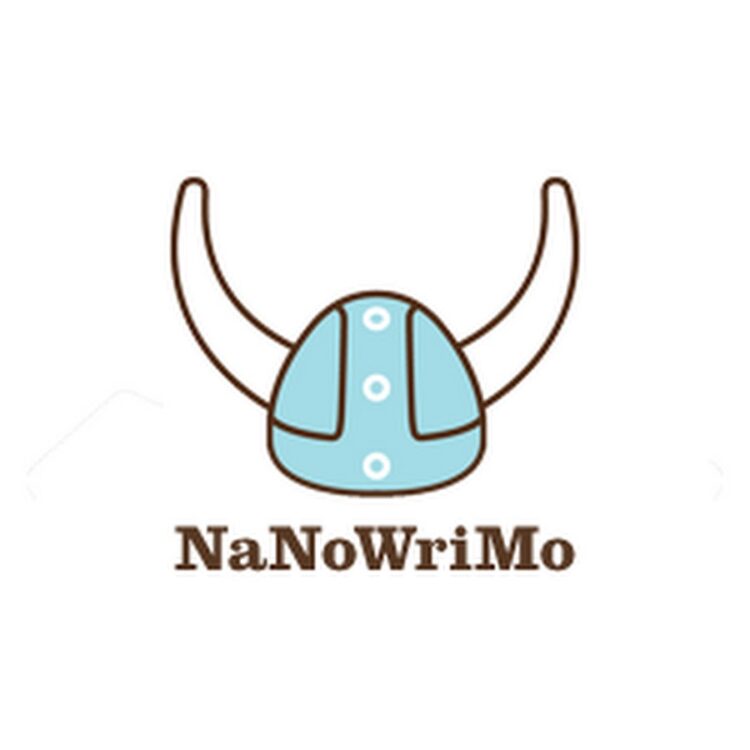National Novel Writing Month is November. It’s not too late or too early to start thinking about the book you want to write. September is a perfect month to ease into writing mode. The best way to do that, I think, is to read. As best-selling author Stephen King said, “If you want to be a writer you must do two things above all others: read a lot and write a lot.” We’ll write a lot in November, but now is the time to read a lot.
1. Select Your Genre
You can read indiscriminately, but if you want to prepare for NaNoWriMo, I suggest that you first select your genre. What do you want to write? Contemporary fiction? Historical fiction? Romance? Detective mystery? Literary fiction? Women’s fiction? Science fiction? Young adult? Mid-grade? Thriller? Cozy mystery? Steam punk? Fantasy? Novels come in a wide assortment of genres. Don’t be overwhelmed! They’re all good if they fit your fancy. Just choose.
If you don’t want to write a novel, you can still choose your preferred genre, because NaNoWriMo is flexible—you can write a memoir. Or history. Or biography. Or even a how-to book. While the NaNoWriMo focus is primarily on fiction, if you want to write non-fiction, September is a good month to read that too!
2. Select Books and Read
You can find books in any of these genres at the Joeten-Kiyu Public Library, if you don’t already have a “to-be-read” shelf at home. So having selected your genre, go select your books. Don’t worry about finding the right book. Or the best. Instead, follow the advice of American great, William Faulkner, who said, “Read, read, read. Read everything-trash, classics, good and bad, and see how they do it. Just like a carpenter who works as an apprentice and studies the master. Read!” Get several books in your genre.
And start reading.
3. Discuss and Analyze
BUT, to prepare for NaNoWriMo and writing your own book, it’s not enough to absorb by osmosis from the books you read. It helps to discuss them with others. To analyze them with an eye toward what you liked and what you didn’t like. Not everyone enjoys the same cup of tea. What may be a popular trope could be something you despise when you’re reading that genre.
The important part is to figure out not only mechanics about novels that work well, and get inspiration from reading, but to seriously think about what you like and don’t like. What you want to bring to the page and how you can do that in the best way for you.
Want to talk about the books you’ve read? I will be at the Joeten-Kiyu Public Library on the Saturdays when they’re open. Stay tuned for dates and times, but plan on coming and chatting. If I’m not there, you can still find others who will want to talk about books with you!
Writing your story is important to all of us. Your story matters. Sue Monk Kidd, author, says ‘Stories have to be told or they die. And when they die, we can’t remember who we are or why we’re here.” Stories help us survive through adversity. They act as beacons of light. They raise questions, big or small, that help us explore our inner world and our outer existence. You have a story to tell. Now is the time to start! Join me at the JKPL on Saturdays, and let’s talk books and writing.

